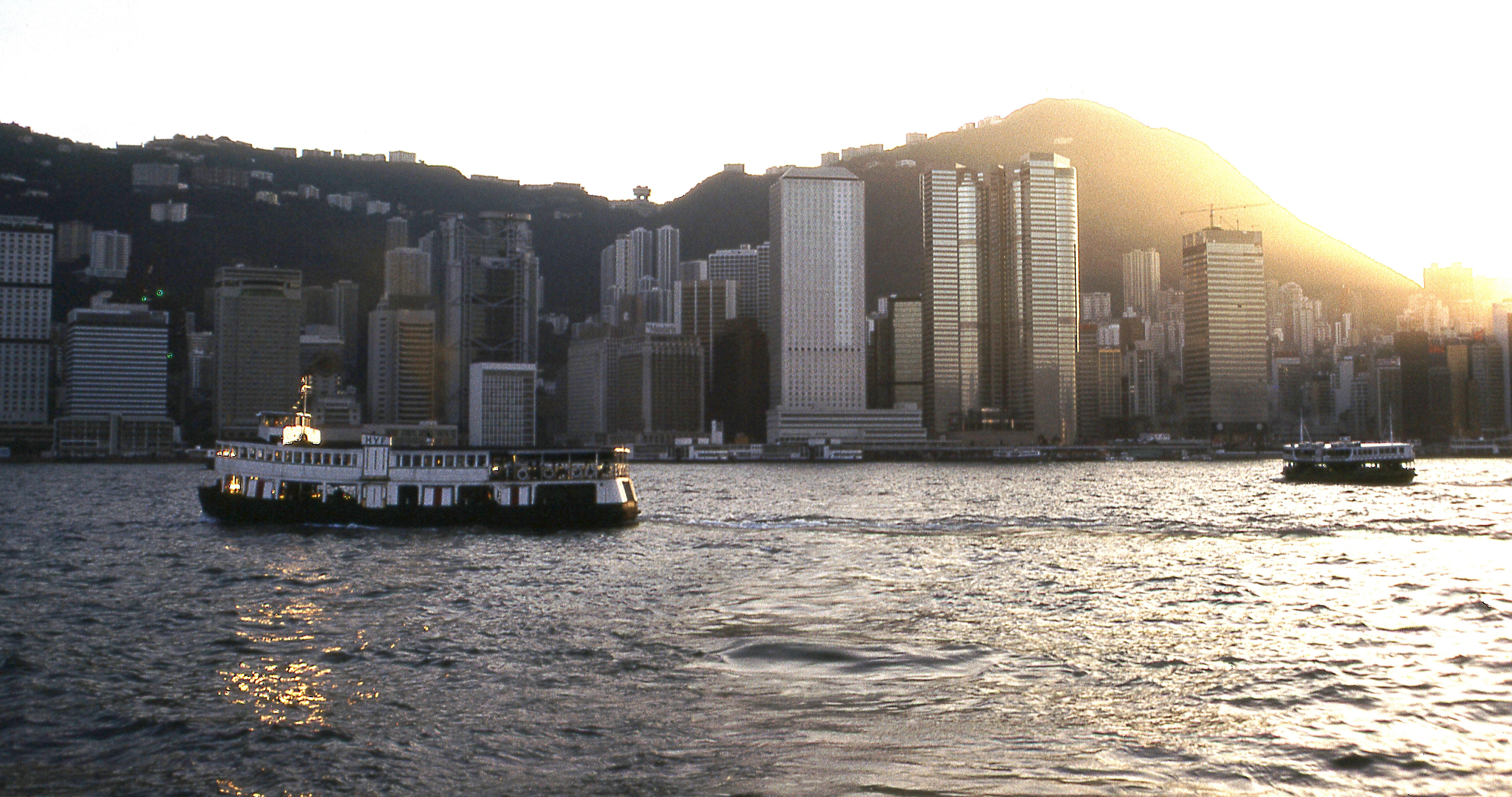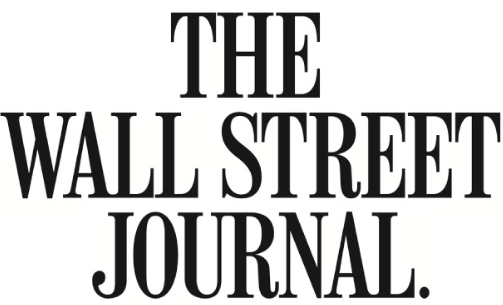

Letter published in the Asian Wall Street Journal
Don’t Denigrate Deng
Letter to the Asian Wall Street Journal in March 1992 after Deng's famous Southern Tour
Sir – the March 19 editorial ‘Deng’s 2092 Reform’ was flawed. When it concluded that ‘true liberalisation in China would be credible only if instead of talking about 100 years of reform, the Party elders talked about just one – and added that it would include a fair and open election,’ it prescribed traditional Western remedies for a problem unique in human history.
No other government has ever attempted to rule 1.2 billion people, and the task set by the Europeans when they arrived in China during the last century was to transform a country consisting of a peasantry of almost neolithic backwardness into a developed trading economy in 150 years. The time has not yet come when that transformation can be completed in just one year and an election would certainly not help.
The real issue confronting China is how to reform the system so that the largest number of people feel the greatest sense of well-being in the shortest possible time, without risking major social instability.
The 1960’s famine after the Great Leap Forward, which itself was a badly conceived dash for greater industrial production, is estimated to have caused up to 16 million premature deaths, a disaster on a scale that even Africa has not endured. If the Chinese government was to collapse, the ensuing chaos would be unimaginable, probably causing the uncontrolled migration of hundreds of millions of people. Given the ineffective response of Western governments to Russia’s current light, it seems more reasonable let the Chinese government get on with its job.
The proposal of holding an election in China also ignores the basis of democratic systems, which is that the people casting ballots understand exactly what they are voting for. Eighty percent of Chinese work on the land and, though greatly improved, the educational level is still low. Thinking is heavily influenced by the torrent of socialist propaganda that has flowed uninterrupted through the countryside for the last forty years.
But much more importantly, the standard of living of the average rural Chinese has improved beyond all recognition in the last ten years, and since the great majority of Chinese live in rural areas, if there was an election, then Deng Xiaoping would probably win it with a majority that no Western leader could ever dream of.
The real issue, then, is not so much that the Party enjoys a monopoly on power, but that there should be some way of curbing any abuse of that power. The citizens of Hong Kong have only recently acquired limited voting rights. The previous situation was accepted as the ‘tyrant’ was benign and basic human rights were protected by an independent court of law.
A first step towards political reform would be to create an independent legal system recognising basic rights of individuals, but without necessarily giving up the power of the party to determine social and economic policy. A second step would be to develop a more institutionalised power structure involving greater consultation, particularly regarding the question of succession, so as to avoid the constant court intrigues that distract the people who pull on the levers of power from the issues that matter.
Since 1979, the Chinese government has consistently advocated the deepening of reform, and the main argument inside China concerns the pace of change. Even in the immediate aftermath of the disaster of 1989, the government said repeatedly that it would not be deflected from the path of reform.
The open door has brought prosperity to the coastal regions, but not without cost. A revolution was forged that brought about a kind of economic warlordism that has all the rawness of raw Victorian capitalism. In Guangzhou the odd Rolls Royce now shares the streets with hungry beggars, too weak to stand. In Hebei, there are factories in peasant villages where teenagers work for $20 a month in dimly lit rooms pushing chunk of glass through high-speed circular saws with bare hands, splinters of glass flying towards unprotected eyes and lungs clogged with glass dust.
The reform process must be given the time to protect those people who cannot adapt quickly to all these changing realities. There is a difficult balance between realising the latent business talents of the Chinese businessman whilst providing reasonable protection for others.
One basic test of any national leader is whether he or she brought an improvement or a deterioration in the general level of happiness of ordinary citizens. Deng Xiaoping? Even his harshest critics would have to admit that the situation in China is massively improved since he took power. In this last push in his gigantic struggle, he should be given proper credit for his tenacity and vision.
Tim Clissold
March 28, 1992